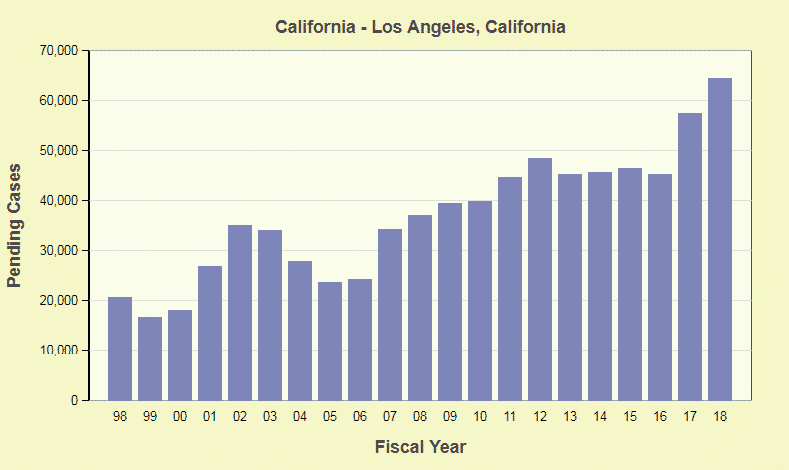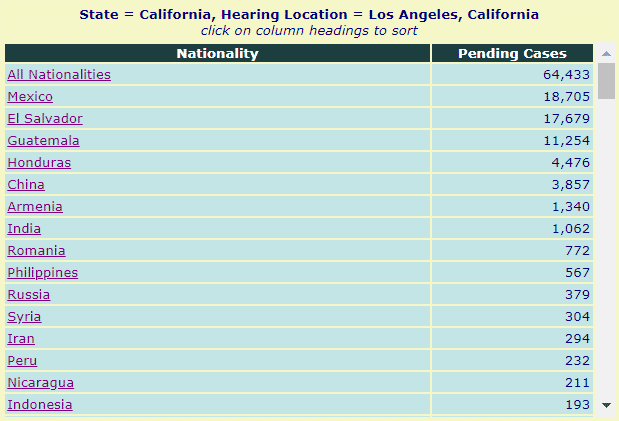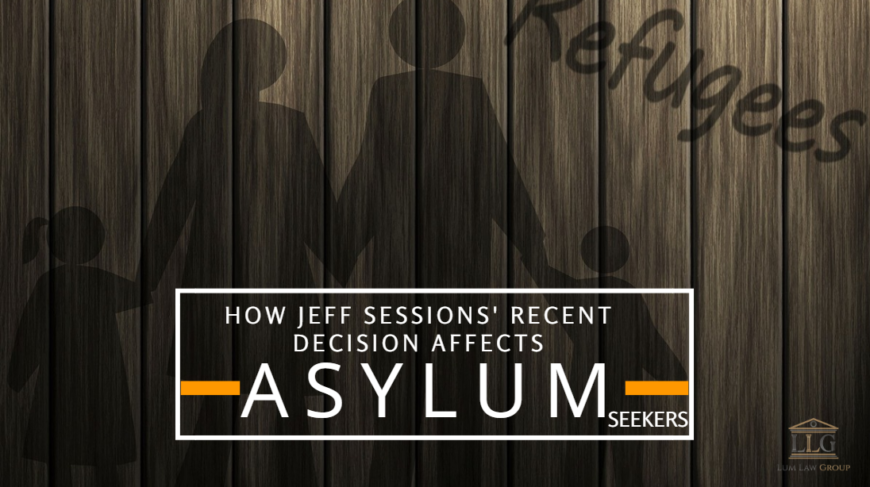How Jeff Sessions’ recent decision affects Asylum seekers
You may have heard in the news that the current Attorney General, Jeff Sessions, has been making changes this year. As the Attorney General, Sessions has the authority to refer cases to himself for review and to overturn a decision by the Board of Appeals (BIA). Most recently, he rendered moot the 2014 BIA decision re: The right to a full hearing for all asylum and withholding of removal applicants.
This BIA decision upheld a 1989 ruling where hearings were described as “an essential aspect of the asylum adjudication process for reasons related to fairness . . . and to the integrity of the asylum process itself.” However, the Honduran asylee later withdrew his application and appeal due to marriage to a U.S. Citizen, so Sessions has declared the decision irrelevant (and thereby inapplicable towards future cases).
Where before the Department of Justice (DOJ), Immigration Courts had to allow every asylee and applicant for withholding of removal to appear in front of a judge with a fair chance to present their case even if the USCIS officer denied them based on their asylum application and interview, now cases viewed as frivolous or fraudulent can be denied without the opportunity for a full hearing.
 Graph credit: Immigration Backlog Tool
Graph credit: Immigration Backlog Tool
Sessions made this decision based on the overwhelming backlog at the Immigration Courts, where cases may remain pending or continued for years on end. On average, we estimate that before this year, each asylum applicant from China had about three years to live and work before their asylum interview, decision, or Notice to Appear (NTA). Today, new asylum applicants are scheduled for an interview within one month!
What is a merit-less asylum application?
An application for asylum must meet the following federal requirements in order to be legally viable:
- a history of persecution, or hostilities, based on your race, religion, nationality, membership in a particular social group, or political opinion
- a well-founded fear of future persecution or ill-treatment based on your race, religion, nationality, membership in a particular social group, or political opinion
- come from a country with a government that will not help them
 Graph credit: Immigration Backlog Tool
Graph credit: Immigration Backlog Tool
What does this mean in practice?
- Asylum applicants who file their applications without assistance from qualified legal representation may be at a disadvantage.
- Asylum applicants should prepare better for their asylum interviews and ensure that they have a qualified translator, if necessary.
- Immigration Court judges can deny an asylum application or application for withholding of removal without even seeing the applicant if he or she finds the application is without merit.
- Refugees who illegally cross the U.S. border and apply for asylum are detained as “criminals” (entering illegally is a misdemeanor while reentry is a felony) and may be denied near immediately.
What else might Sessions change?
- Sessions is also reviewing a case that granted asylum to a woman suffering from domestic abuse. If the decision is overturned, applicants may not be able to qualify for asylum based on domestic violence (also described as “private violence”).

